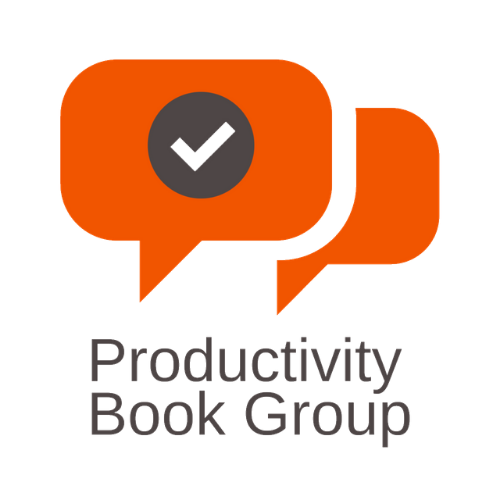Podcast: Play in new window | Download
Subscribe: Apple Podcasts | TuneIn | RSS | More
Productivity Book Group [ http://productivitybookgroup.org ] discussed Happy Money: The Science of Smarter Spending, [ http://amzn.to/1rCNBR8 ] by Elizabeth Dunn, PhD, and Michael Norton. Enjoy the discussion!
Our next reading selection is Flow: The Psychology of Optimal Experience [ http://amzn.to/1lE8nPz ] by Dr. Mihalyi Czikszentmihalyi. The first discussion (Chs. 1-6) date is March 14th at noon Eastern, and the second discussion (Chs. 7-10) will be March 28th at noon Eastern.
Elizabeth Dunn is an associate professor in the Department of Psychology at the University of British Columbia, where she conducts original research on self-knowledge and happiness. Michael Norton is a Professor of Business Administration at the Harvard Business School.
Dunn and Norton claim that people admit that they need assistance with earning, saving and investing money, but few people seek out the same help in how to spend their money. The authors take us on a journey of behavioral science on how to spend the money we have better for our emotional well-being. They propose five principles for smarter spending for happier people:
- Buy Experiences (large and small).
- Make it a treat (limiting things to enhance pleasure).
- Buy Time (e.g., outsourcing our most disliked tasks).
- Pay Now, Consume Later.
- Invest in others, by choice, to make a connection with impact.
DISCUSSION QUESTIONS
Q1. Before we get into the specifics of each of the five principles, what did you think about the book, Happy Money, overall?
Q2. The concept of buying experiences, both large and small, instead of things is intriguing. How can this principle influence our personal productivity?
Q3. When Dunn and Norton talk about the “Make it a treat” principle or Silverman’s mantra “abundance is the enemy of appreciation,” how might we utilize this in our lives for greater well-being and perhaps perspective on our own personal productivity?
Q4. Chapter 3’s principle, Buy Time, seems to be the most attuned to us in the productivity community. We are (sometimes overly) aware of our time and ability (or inability) to get things done. But, there seems to be a substantial benefit to thinking about time saved for the money spent. How do you feel like this principle can work into your life?
Q5. The Pay Now, Consume Later principle is a strategy of deferred gratification, similar to saving money. What are your thoughts about buying something now for some later enjoyment of the purchase? Do you have examples in your own life where that’s enhanced your productivity?
Q6. The authors commit two or more chapters in the book to the Invest in Others principle of Happy Money. Where might this fit into your own life? How might you use this to your advantage? How might you like to see your own company acknowledge and use this information for a better work environment?
NOTES:
(Please listen to understand the context of the resources provided. If we missed something, please comment on the episode and let us know!)
- Heat Map by ProductiveFlourishing.com
- For more information, visit this page: “How Heat-Mapping Your Productivity Can Make You More Productive” [ http://www.productiveflourishing.com/how-heat-mapping-your-productivity-can-make-you-more-productive/ ]
- Amazon Subscribe and Save [ http://amzn.to/17Oq60J ]
- DonorsChoose.org [ http://donorschoose.org/ ]
Note: All registered service marks, trademarks and other copyrighted materials mentioned on the podcast are that of their respective owners. This group is not affiliated with or officially endorsed by those copyright owners.
